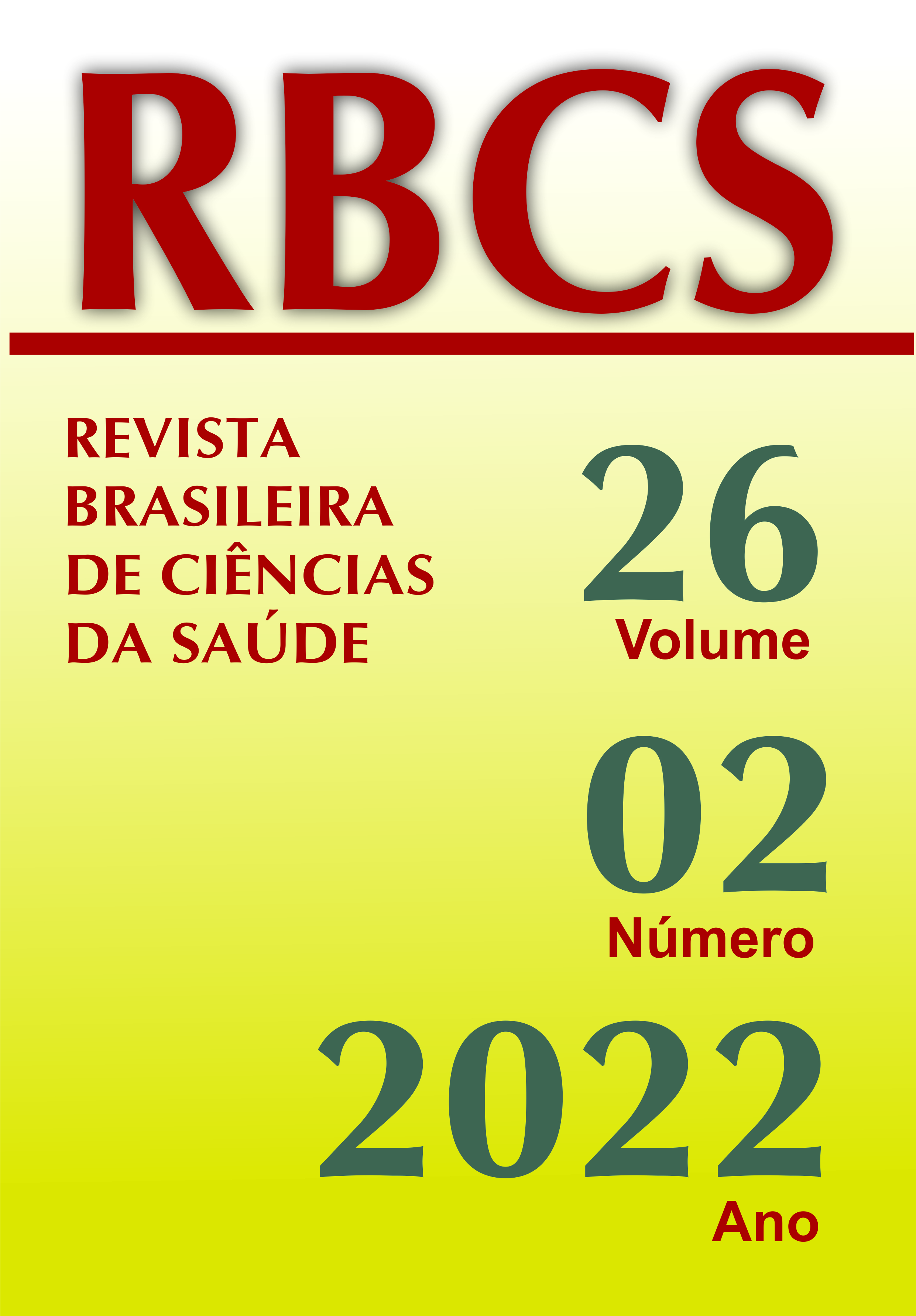Analysis of the epidemiological situation of cases of gestational and congenital syphilis in the state of Piauí (2008-2018)
DOI:
https://doi.org/10.22478/ufpb.2317-6032.2022v26n2.59499Keywords:
Epidemiology, Congenital syphilis, Disease NotificationAbstract
Objective: to analyze notifications of gestational and congenital syphilis in Piauí during the years 2008 to 2018, according to the strategy for the worldwide elimination of congenital syphilis created by the World Health Organization in 2008. Methodology: This is a retrospective analytical epidemiological study, carried out by analyzing data referring to cases of syphilis in pregnant women and congenital Syphilis in the state of Piauí, provided by the Notifiable Diseases Information System (SINAN) through the platform virtual DATASUS. Results: 2018 was the year with the highest number of notifications, 746 cases of syphilis in pregnant women and 497 congenital cases, with 3.14% and 4.42% of cases resulting in abortion and stillbirth by syphilis, respectively. The notification in pregnant occurred mostly in the age groups between 20-29 years (50.72%), with incomplete 5th to 8th grade education (25.49%). The prevalence of race/skin color of pregnant with syphilis was significant in parda people, represented by 71.53% of reported cases. Prenatal care for pregnant was predominantly in 84.91%, however, according to the treatment of pregnant with syphilis, this was classified as inappropriate in most cases, 72.28%. Conclusion: It was noted that there are still dificulties in the implementation of syphilis control and prevention programs in the state, mainly related to the goal of eradicating congenital transmission in Brazil, with the implementation of strategies to decrease it being fundamental, especially in socially vulnerable groups, those who are most affected by syphilis infection.


